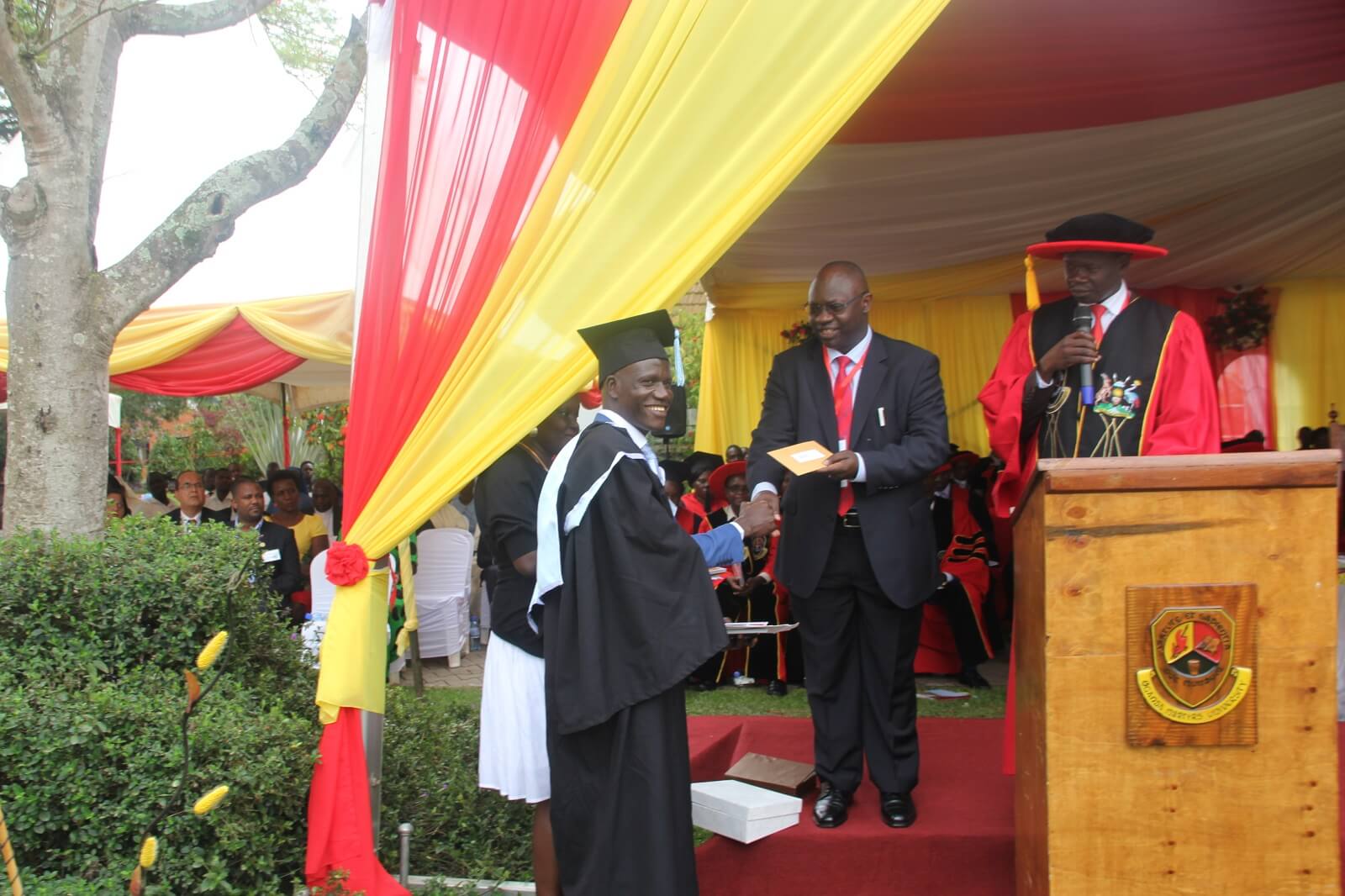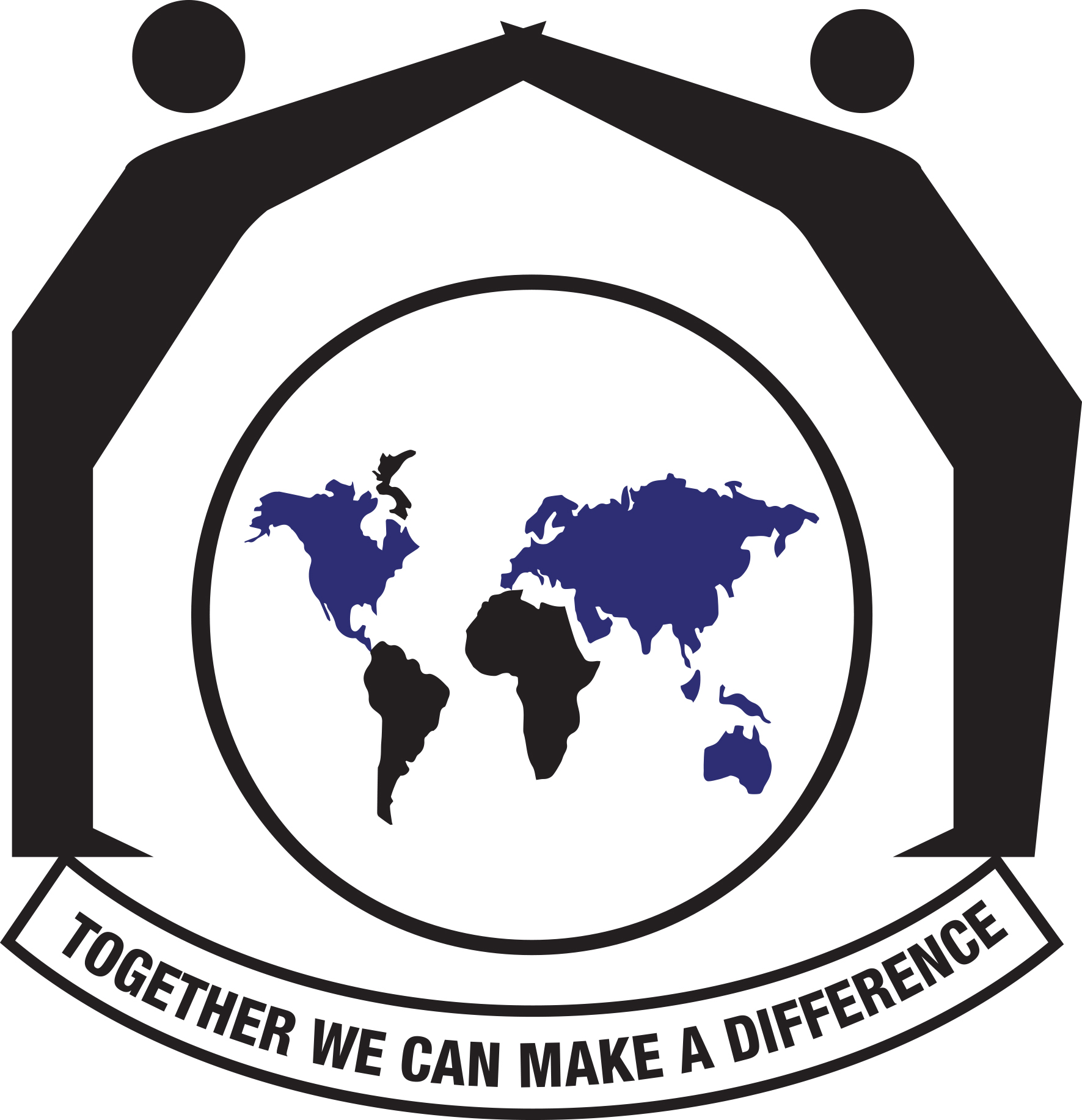
Overall objective:
To undertake research, monitoring, documentation and lobbying of human rights practices in order to influence policy and practice change through evidence-based human rights advocacy.
For over twenty-five years, the Foundation for Human Rights Initiative (FHRI) has held the Civic Education component as one of its major program interventions. The Civic Education Unit is the capacity-building and civic-empowerment component of FHRI’s programme. Through capacity-building and civic-empowerment activities the unit aims to promote citizen awareness of basic fundamental rights, values and obligations; foster public dialogue on how best to protect and preserve human rights whether civil, political, economic, social, or cultural, and build a cadre of passionate and knowledgeable human rights defenders.
The awareness of these fundamental freedoms and liberties will contribute to the evolution of a strong and democratic human rights culture. This culture will promote participatory decision-making for effective service delivery and thus create a strong and effective foundation for a sound premise for democratic governance. The Civic Education Unit also focuses on building the capacity of community-based human rights groups to promote effective monitoring and reporting of human rights violations. Public outreach activities are conducted to achieve the objective of promoting dialogue and participatory decision making between duty bearers and rights holders for responsive governance and effective service delivery.
The Civic Education Unit is grounded from the challenge of a disempowered and dispirited citizenry that is incapable of making demands on the state due to limited knowledge of rights, legal procedures and government processes. This in turn contributes to limited citizen engagement in public affairs. According to a survey conducted by Afro-barometer in 2012, Ugandans are in a state of apathy and are increasingly losing interest in public affairs due to the government’s failure to fulfil its responsibilities. Other issues include; the inability of the government to bridge the gap between the rich and the poor; the dissatisfaction in service delivery by the local leadership, and the clear disparities in the dispensation of criminal justice. FHRI’s past and ongoing efforts towards civic empowerment have gradually been consolidated in the My Rights, My Power Campaign.
Below are the major activities under Civic Education Unit:
- The University Student Human Rights Network (USHRN).
- Public outreach
- Provide support to community based human rights associations geared towards improving human rights monitoring and reporting.
- Offer support to community based human rights associations to strengthen social accountability.
